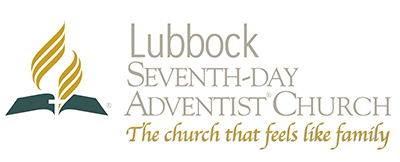A final message the Apostle Paul gave the Thessalonians at the end of his first epistle was that they should.
“Rejoice always, pray continually, give thanks in all circumstances; for this is God’s will for you in Christ Jesus” 1 Thes. 5:16-18, NIV
Within that final charge Paul gave them was not only the context of how they should act but also how they should pray. Within that appeal to pray we should always do it with the mental framework of joy and thanksgiving.
With this final Prayer series sermon we will be looking at the three basic tenets that every Christian prayer should be composed of according to Timothy Keller. Keller mentions the following:
“There are three basic kinds of prayer to God. There is “upward” prayer— praise and thanksgiving that focuses on God Himself. We could call this the “prayer of awe.”
Then there is “inward” prayer— self-examination and confession that bring a deeper sense of sin and, in return, a higher experience of grace and assurance of love. That is the prayer of intimacy.
Finally, there is “outward” prayer— supplication and intercession that focuses on our needs and the needs of others in the world. This prayer requires perseverance and often entails struggle” (Prayer: Experiencing Awe and Intimacy with God, Kindle Edition., p. 189).
We will be looking at these three types of prayer and the final message of Paul to the Thessalonians. As we go through this review we will also be looking for the benefits of prayer and why we should invest in this faith practice. Notice what Ellen White says about prayer in the context of how often Jesus would pray. White writes,
“Prayer unites us one to another and to God. Prayer brings Jesus to our side, and gives new strength and fresh grace to the fainting, perplexed soul” (Maranatha, “The Breath of the Soul”, p. 85).
May we grow towards God and each other.
May we aided by Christ.
And may your prayer be the means by which this occurs in your life!
Grace and Peace,
– Pastor Geraldo

Recent Comments